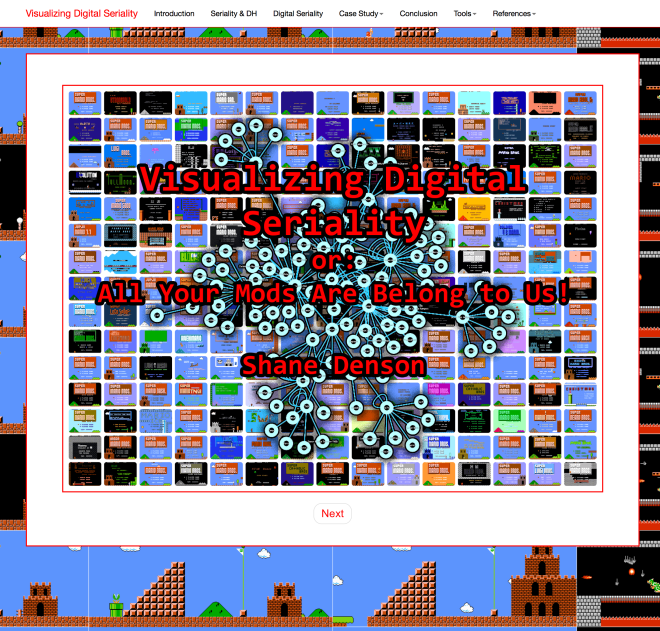
The Digital Aesthetics Workshop is proud to welcome Mindy Seu, who will present “A Sexual History of the Internet: Lecture Performance Beta Test” on Tuesday, January 28, 5-7pm PT. The event will take place in Wallenberg Hall 433A, where refreshments will be served. Below you will find the speaker’s bio and a brief abstract, as well as the poster for the event. We hope to see you there!
Zoom link for those unable to join in-person: https://tinyurl.com/3t6y9fd9
Abstract:
“A Sexual History of the Internet” is a revisionist techno-history that introduces device-mediated relationships, the computer mouse as vulva, and the sex workers who built the internet.
Bio:
Mindy Seu is a designer and technologist based in New York City and Los Angeles. Her expanded practice involves archival projects, techno-critical writing, performative lectures, and design commissions. Her latest writing surveys feminist economies, historical precursors of the metaverse, and the materiality of the internet. Mindy’s ongoing Cyberfeminism Index, which gathers three decades of online activism and net art, was commissioned by Rhizome, presented at the New Museum, and awarded the Graham Foundation Grant. She has lectured internationally at cultural institutions (Barbican Centre, New Museum), academic institutions (Columbia University, Central Saint Martins), and mainstream platforms (Pornhub, SSENSE, Google), and been a resident at MacDowell, Sitterwerk Foundation, Pioneer Works, and Internet Archive. Her design commissions and consultation include projects for the Serpentine Gallery, Canadian Centre for Architecture, and MIT Media Lab. Her work has been featured in Vanity Fair, Frieze, Dazed, Brooklyn Rail, i-D, and more. Mindy holds an M.Des. from Harvard’s Graduate School of Design and a B.A. in Design Media Arts from the University of California, Los Angeles. As an educator, Mindy was formerly an Assistant Professor at Rutgers Mason Gross School of the Arts and Critic at Yale School of Art. She is currently an Associate Professor at University of California, Los Angeles in the Department of Design Media Arts.
This event is generously co-sponsored by the d.school, the Asian American Research Center at Stanford, and the Center for Spatial and Textual Analysis.

